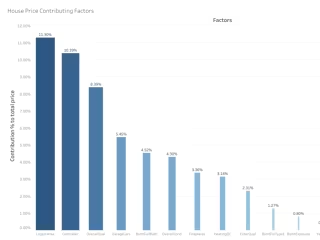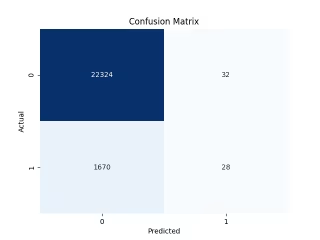Airline Passenger Satisfaction Determinants
Background: Understanding the factors influencing airline
passenger satisfaction is essential for the aviation industry to enhance
customer experience and loyalty. This research aims to identify key
determinants of passenger satisfaction using exploratory data analysis (EDA)
and machine learning algorithms.
Objectives: Investigate the impact of various factors
including online boarding, in-flight services, flight distance, legroom
service, age, ease of online booking, seat comfort, departure and arrival time
convenience, baggage handling, gate location, and cleanliness on airline
passenger satisfaction.
Methods: Employed EDA techniques and machine learning
algorithms, including random forest, probit, and naive Bayes models. Applied
undersampling and bootstrapping methods to address sample imbalance. Evaluated
model performance using ROC/AUC curves and confusion matrices.
Results: Identified online boarding, in-flight
services, flight distance, legroom service, age, ease of online booking, seat
comfort, departure and arrival time convenience, baggage handling, gate
location, and cleanliness as significant determinants of passenger
satisfaction. Developed models achieved high accuracy ranging from 88% to 99%.
See the full project at https://github.com/georgeoiko3/Personal-Projects/blob/main/Pj3-Report.pdf
Like this project
Posted Mar 3, 2024
Exploring the qualitative and quantitative characteristics that drive airline passenger satisfaction, using EDA and Machine Learning techniques in Python
Likes
0
Views
2






